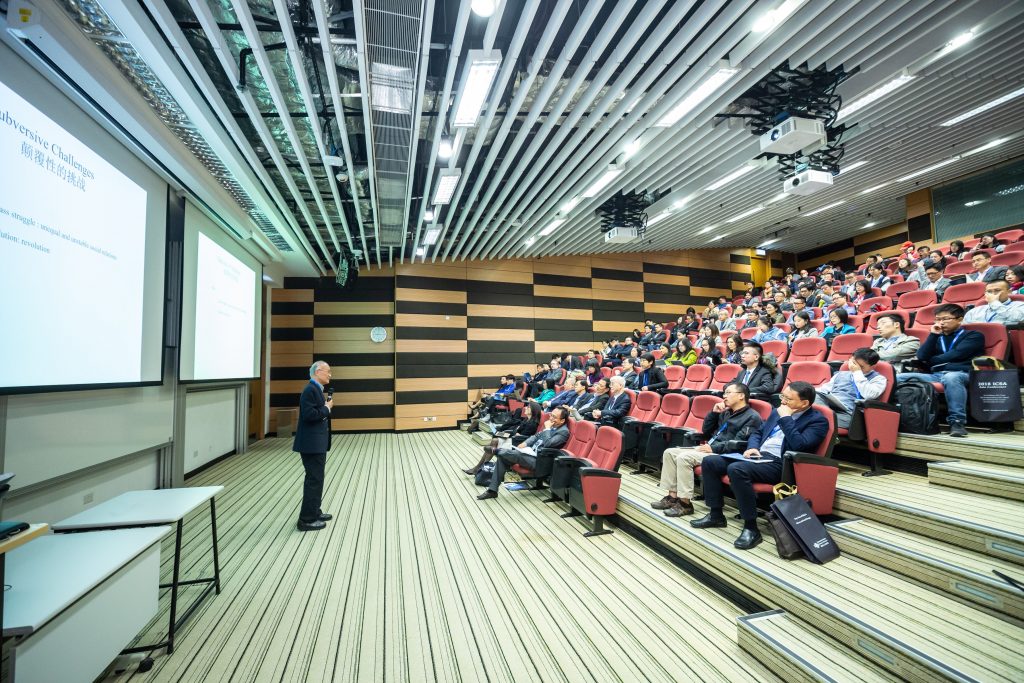How to make your event go well, and why it is important
Have you ever attended a professional development/learning event that didn’t meet your expectations or deliver on its promise? I have, and I bet you have too.
Good events lead to good things
Many organizations put on these events as a benefit to their members, or to provide an interesting take on a hot topic, or simply, to provide a learning opportunity. And events are often a great way to build interest in your organization, and to help increase membership.
But the positive aspects of holding an event disappear if the event is bad. Bad events are events that don’t go as planned and don’t offer what they promise.
Bad events lead to bad things
Attending an event that doesn’t live up to its billing is incredibly frustrating. You’ve given up your time, and many times your money, to attend what seems like a waste. You’ve learned nothing and achieved nothing.
Don’t let your event harm your organization
Event organizers, whether professional or volunteer, need to be aware of the negative consequences of having a bad event:
- Loss of trust in your organization
- Decreased attendance to future events
- Reputation damage
Ultimately, organizations could see revenue loss. That should be incentive to prevent bad events from happening.
How to make sure your event goes well
Ensure your next event goes well with proper planning, organization, and communication.
Note that the following tips are not intended as an exhaustive list. Instead, this list reflects solutions to various issues I have experienced in the bad events I have attended.
Planning tips
Prepare your speakers: Explain what you expect them to present, how much time they will have, and who you expect to attend the event.
Review the presentations: Make sure that what the speaker is planning to present matches what you required. Review the slides.
Organization tips
A/V, computer checks: Ensure that the A/V and computer/internet connection are working before the event. The time to check is not just as the event is starting. This wastes time, and doesn’t allow you to correct problems.
Agenda: Share an agenda, whether printed or digital.
Inform your audience: Set ground rules for your audience, and address common issues (i.e., if and when there will be Q and A, if there are refreshments available, location of restrooms, etc.)
Communication tips
Before the event: Send a reminder to those who have registered. Be sure to include the location address, date and time of the event, and logistical information such as directions, parking availability, etc.
During the event: Properly introduce yourself, the host organization, the topic, and the speaker (s). Make sure the speakers share their title, affiliation and contact information.
After an event: Send an email thanking people for attending. This email can also include an event survey, request for feedback, and sharing of any relevant information (e.g., websites mentioned in the talk, the presentation deck, contacts, bibliography, etc.)
The bottom line is that events are a great marketing communications tool when done right. Done wrong, they can be a disaster for your organization.
